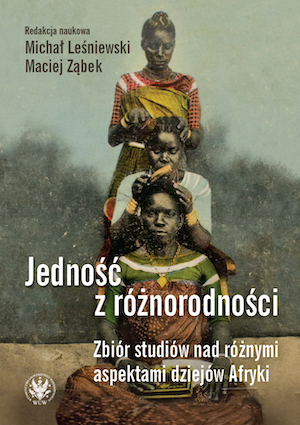Wpływ stosunków z państwami ościennymi oraz wybranymi organizacjami międzynarodowymi na kształt systemu politycznego Angoli w latach 1975–2002
The influence of relations with neighbouring states and selected international organizations on the political system in Angola in 1975–2002
Author(s): Łukasz Żądło
Subject(s): Anthropology, Cultural Anthropology / Ethnology, 19th Century
Published by: Wydawnictwa Uniwersytetu Warszawskiego
Keywords: Angola; political systems; contemporary Africa; Sub-Saharan Africa; international relations in Sub-Saharan Africa
Summary/Abstract: The main goal of this paper is to present the relationships between Angola and neighbouring states and show how those relationships influenced the development of Angolan state structure. This will allow for presenting a set of political, social, and economic interdependencies between Angola and its neighbours. This, in turn, will serve to verify the hypothesis that Angola as a state has become a stabilizer of security in the region. An important aspect that also influenced the shape of the political system, and was therefore also taken into account, is Angola’s relations with international organizations such as the United Nations, Comecon, and the Organization of African Unity. The period that has been analyzed is 1975–2002, that is, from the regaining of independence to the end of the civil war in Angola. This period was chosen because of its crucial nature for the history of modern Angola: it was then that the foundations for the present Angolan state were shaped in practice, and the process itself also influenced all the states of the region. The political system of Angola formed under the influence of wars, including civil wars, which also determined the relationship that Angola has today with its neighbours, who took an active part in those wars. The paper also considers the relationship that Angola’s major political parties of the period had with neighbouring states and the political groupings that were active there, and the involvement of those states in the events of Angola’s civil war. Aspects of the Cold War are also covered, in particular the division of influence between the USSR, Cuba, China, and the USA. The methodology that was used in the creation of the paper is the analysis of historical written sources and newspaper and scientific articles.
Book: Jedność z różnorodności. Zbiór studiów nad różnymi aspektami dziejów Afryki
- Page Range: 235-262
- Page Count: 28
- Publication Year: 2022
- Language: Polish
- Content File-PDF

